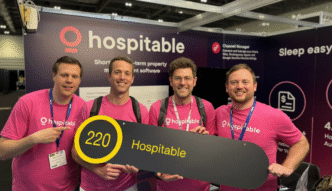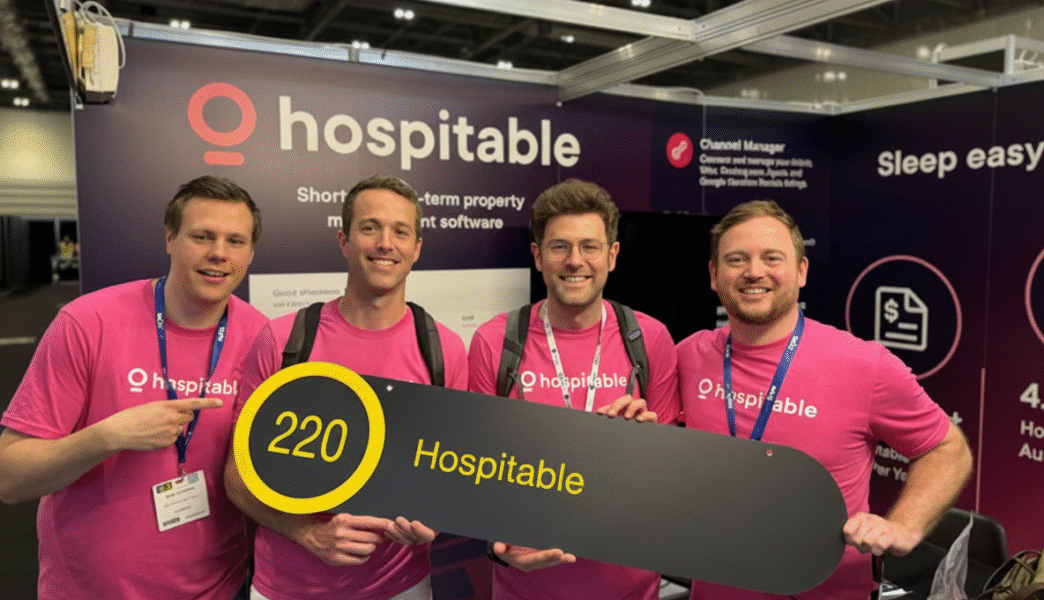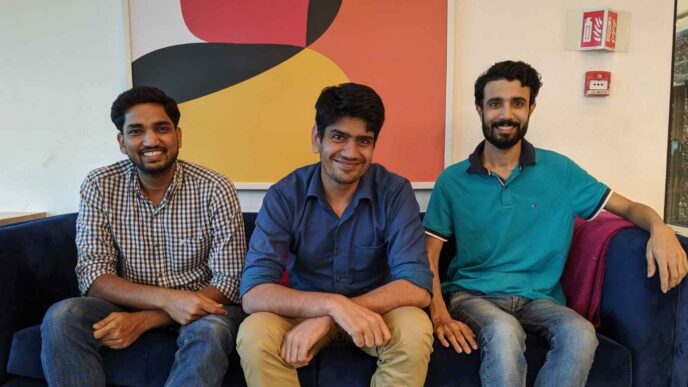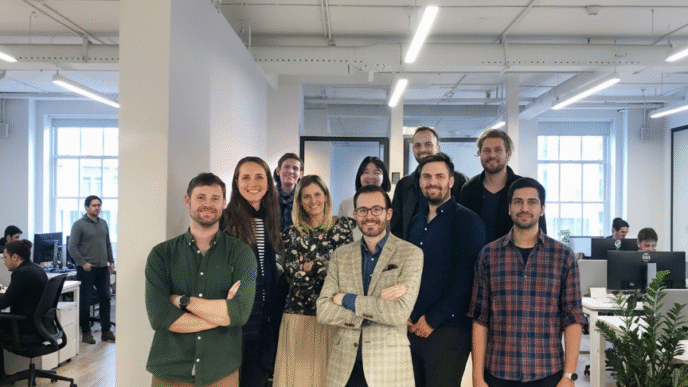When most startup founders chase venture capital to fuel growth, Pierre-Camille Hamana, founder of Hospitable, decided to take a radically different path. Instead of pitching VCs or hiring bankers, he turned to the people who knew his product best — his customers and employees. The result was an inspiring case study in what a customer-funded startup can achieve when it prioritizes community over capital.
Within weeks, more than 100 customers and employees from 32 countries invested in Hospitable, collectively contributing over $1.5 million — a figure that later climbed past $1.8 million. The move didn’t just bring in funding; it signaled a growing shift in how founders think about ownership, alignment, and control in the software industry.
Founded in 2016, Hospitable began as a simple side project to automate Hamana’s own short-term rental in Brussels. Today, it’s a global property management platform serving over 18,000 active customers across 119 countries. The company manages 350,000 properties, automates 16 million guest messages annually, and recently hit $22 million in annual recurring revenue — all while maintaining 17 straight months of profitability. Its 111-person team operates fully remotely from 31 countries.
What makes this growth story remarkable is not just the numbers, but the philosophy behind it. Instead of relying on outside investors, Hospitable grew through customer revenue and operational discipline. Hamana’s decision to invite users and employees to invest wasn’t just about raising money — it was about deepening trust and creating shared ownership.
In his announcement, Hamana explained that the community round attracted participants from 32 countries, including hosts, property managers, and employees who had helped shape the product. The funds are being used to accelerate Hospitable’s AI roadmap, including a $250,000 partnership with OpenAI to expand its automation capabilities, improve reliability, and enhance the experience for hosts worldwide.
For Hamana, this round was more than a financial milestone; it was a philosophical statement — proof that a software company can be owned by the very people who depend on it.
Building a Startup Without Venture Capital
In an industry where scaling often feels synonymous with raising VC money, Hamana’s journey challenges that assumption. He built Hospitable to profitability without outside investors — a decision rooted in his belief that independence fosters better decision-making.
Most founders view venture capital as a gateway to faster growth, but Hamana saw it as a trade-off. Venture money often comes with new layers of control: investor boards, growth pressure, and short-term expectations. By staying independent, Hospitable could grow on its own terms, guided solely by the needs of its users.
This independence didn’t mean limited ambition. On the contrary, Hospitable has grown steadily and profitably while continuously innovating. The company’s focus on long-term sustainability rather than rapid fundraising has allowed it to experiment freely, build stronger customer relationships, and maintain full creative control.
Why Community Funding Works
Hospitable’s community-funded approach is still rare in SaaS, but it reflects an emerging trend. Instead of treating customers as mere users, Hamana turned them into investors and advocates. Through a tokenized equity model called the $HOST Token, customers and employees now have a real stake in the company’s success — without the founder giving up governance or creative control.
This model represents a middle ground between traditional VC funding and bootstrapping. It keeps the company private and founder-led while still allowing supporters to share in the upside. More importantly, it creates alignment: when customers are also investors, their feedback and loyalty deepen naturally.
Hamana believes this could mark the beginning of a broader movement. As capital becomes increasingly concentrated among a few major players, community-driven funding rebalances power by giving everyday users a chance to participate in the upside. In his words, it’s “a rejuvenated form of capitalism” — one that redistributes ownership and rewards across a wider community.
Turning Transparency Into Ownership
Hospitable’s relationship with its users has always been unusually open. From its early days, the company held public bi-weekly town halls and shared updates transparently. Many of the platform’s best ideas were born from customer feedback.
The community investment round took that transparency to a new level. Now, investors, many of whom are also customers, have access to the company’s community channels and internal Slack spaces, where they can directly engage with the team and witness product development in real time.
For employees, this shift was equally transformative. Every team member now holds equity, and the $HOST Token gives them tangible ownership in the company’s success. That sense of shared purpose has fueled stronger collaboration, accountability, and alignment across the organization.
Hamana noted that even as Hospitable remained profitable, this round introduced new rigor. The company now publishes monthly investor updates, creating an extra layer of discipline while reinforcing its connection to the people who believe in its mission.
Lessons in Scaling Independently
Hamana’s journey offers valuable lessons for founders who want to grow without external investors. He emphasizes that constraints can be a source of creativity. When capital is limited, teams are forced to focus on what truly matters — building better products, serving customers well, and achieving profitability early.
Patience, too, has been key. Without the constant pressure to hit investor-driven milestones, Hospitable can make deliberate decisions and take calculated risks. That freedom has allowed it to explore innovations that others might avoid for fear of missing growth targets.
In many ways, independence has become Hospitable’s competitive advantage. By staying sovereign, the company retains the flexibility to pursue opportunities or raise capital later, without being trapped in the endless fundraising cycle. As Hamana puts it, “sovereignty has always been more valuable than capital.”
Once a company takes on investors, the expectation of future rounds locks it into a certain trajectory. Staying independent preserves optionality — and in today’s market, optionality is power.
Redefining Success for Founders
Hospitable’s story illustrates a shift in what it means to succeed as a founder. Rather than chasing the next valuation milestone, Hamana is focused on alignment and sustainability, building a company that lasts. His model demonstrates that profitability, community ownership, and innovation can coexist without external capital.
In a startup world obsessed with unicorn valuations and flashy exits, Hamana’s approach feels refreshingly grounded. By turning customers into stakeholders, Hospitable is redefining how startups can grow in a fair way.
And if this trend catches on, the next wave of startup funding might not come from Sand Hill Road, but from the people who use and love the products the most.













